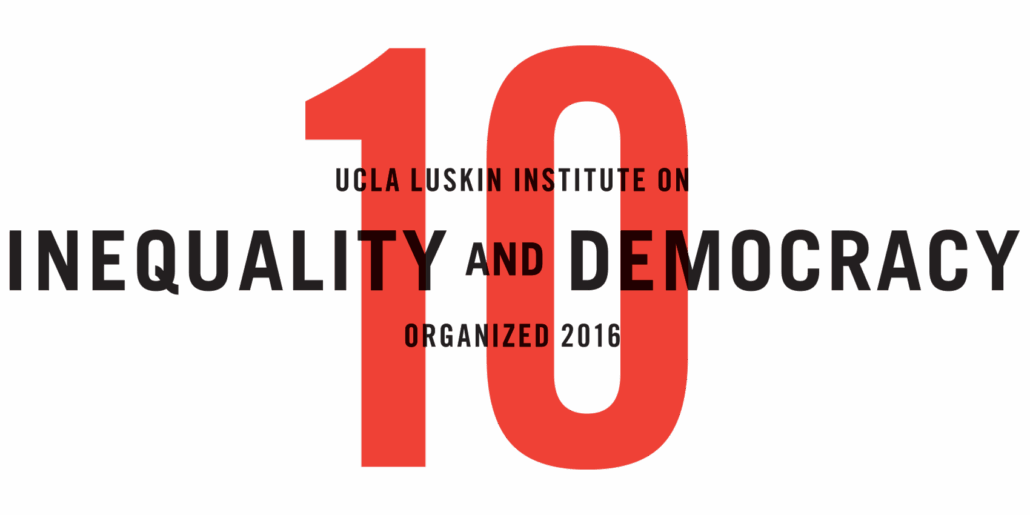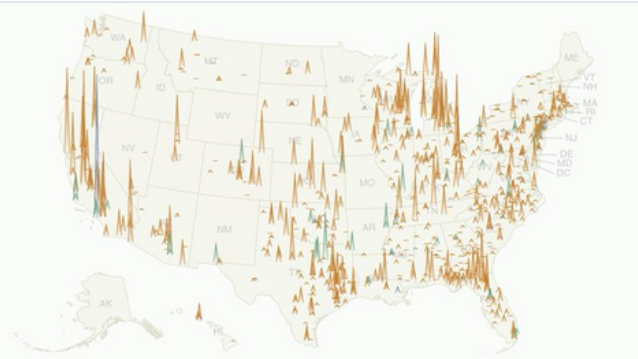Shows active COVID-19 cases in carceral facilities. Image credit: UCLA Law COVID Behind Bars Data Project
Right to Release: Analyzing Disparities in Compassionate Release Decisions for People Incarcerated during the Coronavirus Pandemic
Sharon Dolovich, UCLA Law
With the generous support of the UCLA Luskin Institute on Inequality and Democracy, the UCLA Law COVID Behind Bars Data Project worked with UCLA Law students to systematically analyze each state’s use of emergency medical release mechanisms during the pandemic. This state-by-state research effort was carried out with the guidance and participation of FAMM, an advocacy organization committed to a fair and effective justice system. As a result of this research, the Project published a report and a blog analyzing geriatric parole in Nevada. We found that the pandemic revealed the failure of Nevada’s 2019 parole ‘reform’ bill – and lessons for other states considering reform. Following implementation, just six people were found to be eligible for a hearing under the new geriatric parole provisions and none of these people even received a hearing.
Additionally, the Project published an analysis of data on federal compassionate release rates during the pandemic. We found disturbing trends in federal courts’ responses to compassionate release motions filed in fiscal years 2019 and 2020, as well as equally troubling explanations for those trends. In response to these findings, we called for the federal Bureau of Prisons (BOP) to endorse more compassionate release applications and to do so quickly after they are filed. We further advocate for the courts to intervene, if the BOP continues to fail in its responsibilities.
Read >> Sentencing Commission Data Provides Comprehensive Confirmation of Paltry Compassionate Release Rates During the Pandemic (Published August 4, 2022)




